|
“Vaccine” comes from vacca, Latin for “cow.” Edward Jenner proved in the 1790s that pus from relatively harmless cowpox blisters—common among dairymaids—protected humans against smallpox. Jenner’s vaccination built on a riskier traditional practice in Asia and Africa called inoculation (from inoculatus, “to graft or implant”). An Englishwoman and an African man introduced inoculation into Europe and North America respectively, almost exactly 300 years ago.
Lady Mary Wortley Montagu lost a brother to smallpox, and the disease scarred her face. Living in Constantinople while her husband was British ambassador, she watched old Turkish women scratch smallpox pus into healthy arms or legs. The resulting infection was usually mild instead of deadly or disfiguring. Back in England during an epidemic, she had her daughter inoculated publicly in April 1721. The practice spread. That same April, smallpox came by ship to Boston, Massachusetts. An enslaved West African named Onesimus told his master, Cotton Mather, that he knew how to prevent the disease. The operation he described “had given him something of the smallpox and would forever preserve him from it.” Bostonians resisted vehemently. More than half the city’s residents contracted smallpox in 1721-22; one in seven patients died. But of the 242 who were inoculated, all but six survived. Jenner holds an important place in the development of vaccines. So should the traditional healers of Asia and Africa, and the white woman and the black man who brought their methods to the West.
8 Comments
One of my pandemic projects is to study introductory Spanish. Please don’t ask me to speak it. Videos and worksheets are limited tools for learning a language. But they help me understand the workings of an unfamiliar tongue, and of my mind.
Two distinct verbs translate as “to be.” (Spanish speakers, feel free to correct me.) Ser refers to inherent or fundamental characteristics. I am a woman, a writer, an American. Ser o no ser, “to be or not to be.” Estar is for a condition of the moment: I am tired, and my house is a mess. Language shapes perception. How might I experience life’s ups and downs if I had to distinguish fleeting from lasting, each time I opened my mouth? Learning the difference when I first learned to talk might have given clearer meaning to my mother’s adage, “This too shall pass.” "There is poetry as well as production on the farm.”
– Glenn Frank, University of Wisconsin President 1925-37 The Great Depression is raging, and you are at the University of Wisconsin hoping to meet America's first-ever university artist-in-residence. Where will you look? The Art Department? Good guess, but no. You may have more luck at the College of Agriculture, where Dean Chris Christensen collaborates with extension agents and a rural sociologist to enrich farm lives beyond the classroom. The dean was inspired by the Wisconsin Idea that the university should bring knowledge directly to the citizens, and by folk schools he saw while studying in Denmark. “Christensen supposedly said that one of his goals upon becoming dean was to put some culture back in agriculture,” according to Wisconsin author Jerry Apps. “He embraced the Danes’ philosophy that rural people should have the opportunity to study art and poetry as well as learn how to improve their cattle and field crops.” Kansas painter John Steuart Curry took the job in 1936, with a small studio on campus and few defined duties. He taught occasional noncredit short courses and traveled the state to encourage creative painting among farmers, blacksmiths, housewives, and one-room country schoolteachers. He organized a Rural Art Exhibit in Madison featuring thirty amateur painters during Farm and Home Week in 1940. The event took hold and grew from year to year. Times changed. The Wisconsin Rural Art Program (WRAP) expanded to include cities, changed the “R” in its name to “Regional,” and moved into the university's Division of Continuing Studies. A victim of the same budget cuts that ended the Continuing Studies writing program, it is now run by the Association of Wisconsin Artists. An annual WRAP exhibit in Ag Hall (virtual this year) recalls its origins in the university’s agricultural college. Image: John Steuart Curry, “View of Madison with Rainbow,” 1937, courtesy of Kiechel Fine Art, Lincoln, Nebraska It’s been years since I heard “motherhood and apple pie” to describe an unquestioned good. Nowadays motherhood gets tangled in gender roles and reproductive rights, while apple pie might imply gluten or migrant labor. What do we say instead? Or is there no longer a good on which we can all agree?
In his Ethics of Rhetoric (1953), English professor Richard M. Weaver coined the phrase “God terms” for vague yet powerful expressions of cultural values. Science, democracy, and progress in the 1950s carried an authority that didn’t invite analysis or debate. Their modern successors include natural, diverse, and inclusive. Negative equivalents are “devil terms” like radical and un-American. Calls for freedom and justice can motivate constructive action or whip crowds into a frenzy. Who could oppose them? Or integrity, or liberation? Undefined God terms are useful for binding groups and stirring emotion. Just don’t confuse them with reasoned argument. |
AuthorI'm a historian who writes novels and literary nonfiction. My home base is Madison, Wisconsin. Archives
July 2024
|
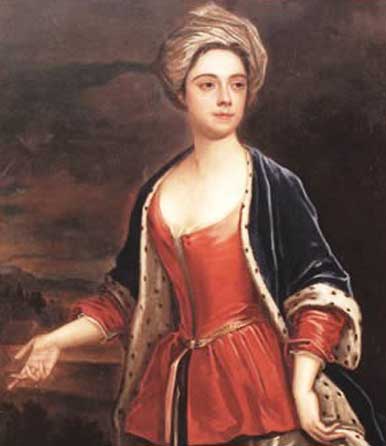
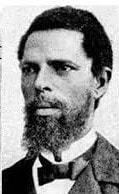
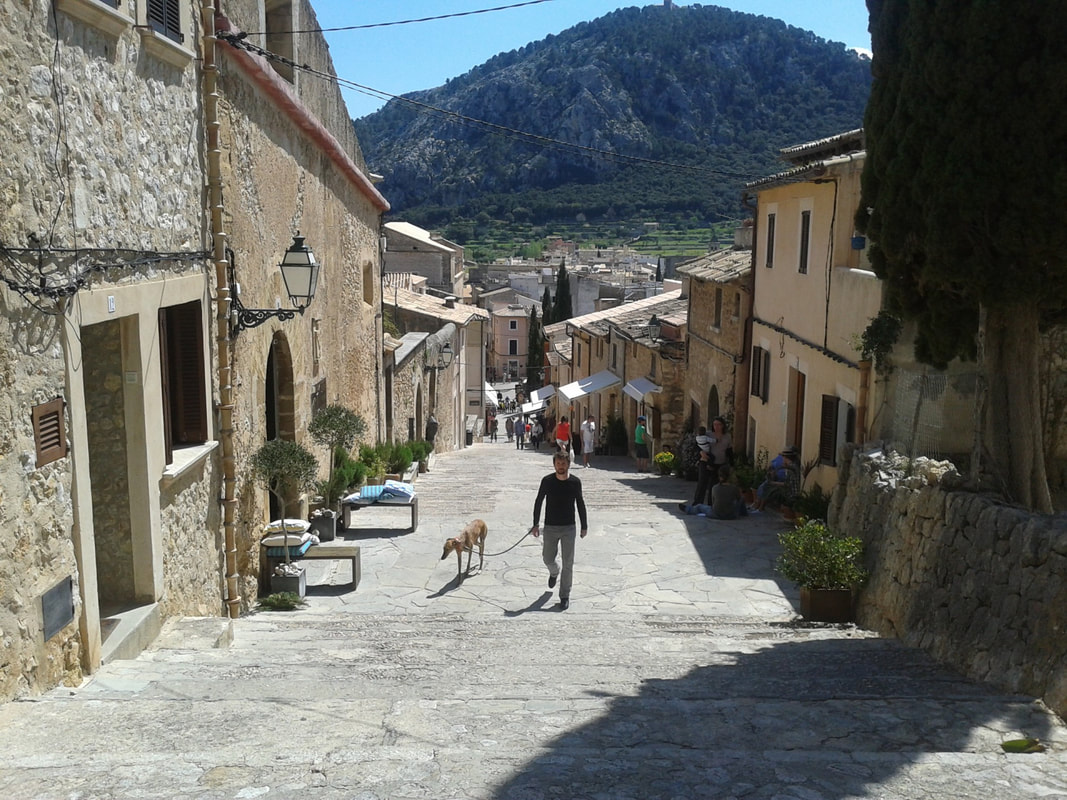
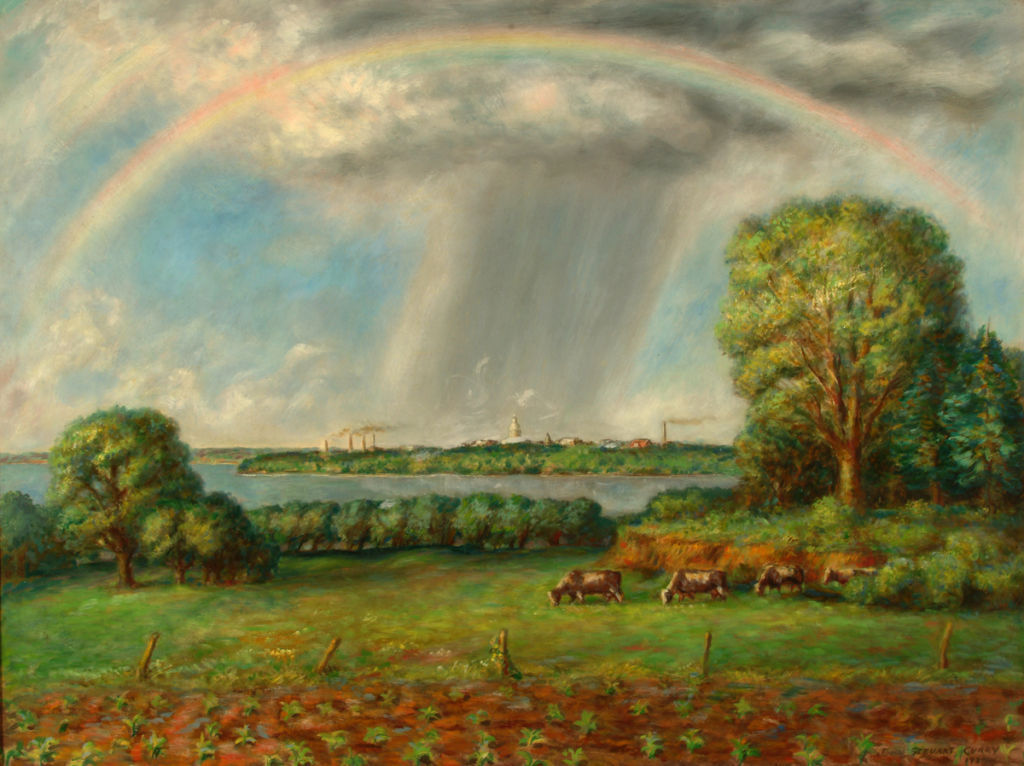
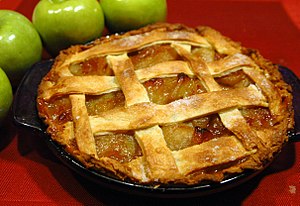
 RSS Feed
RSS Feed